The Cinderella story of the New York Knicks’s new point guard, Jeremy Lin, has surely drawn a lot of attention from the mass media lately. Sidney-Pacific also met “Linsanity” on March 4th. A group of more than 49 residents from Sidney-Pacific visited TD Garden to watch the game between the New York Knicks and Boston Celtics and to experience this world-wide frenzy personally. It was one of the largest interest group outings of the year, and that is only counting the number of residents who bought their tickets via interest group – many more residents went by themselves.
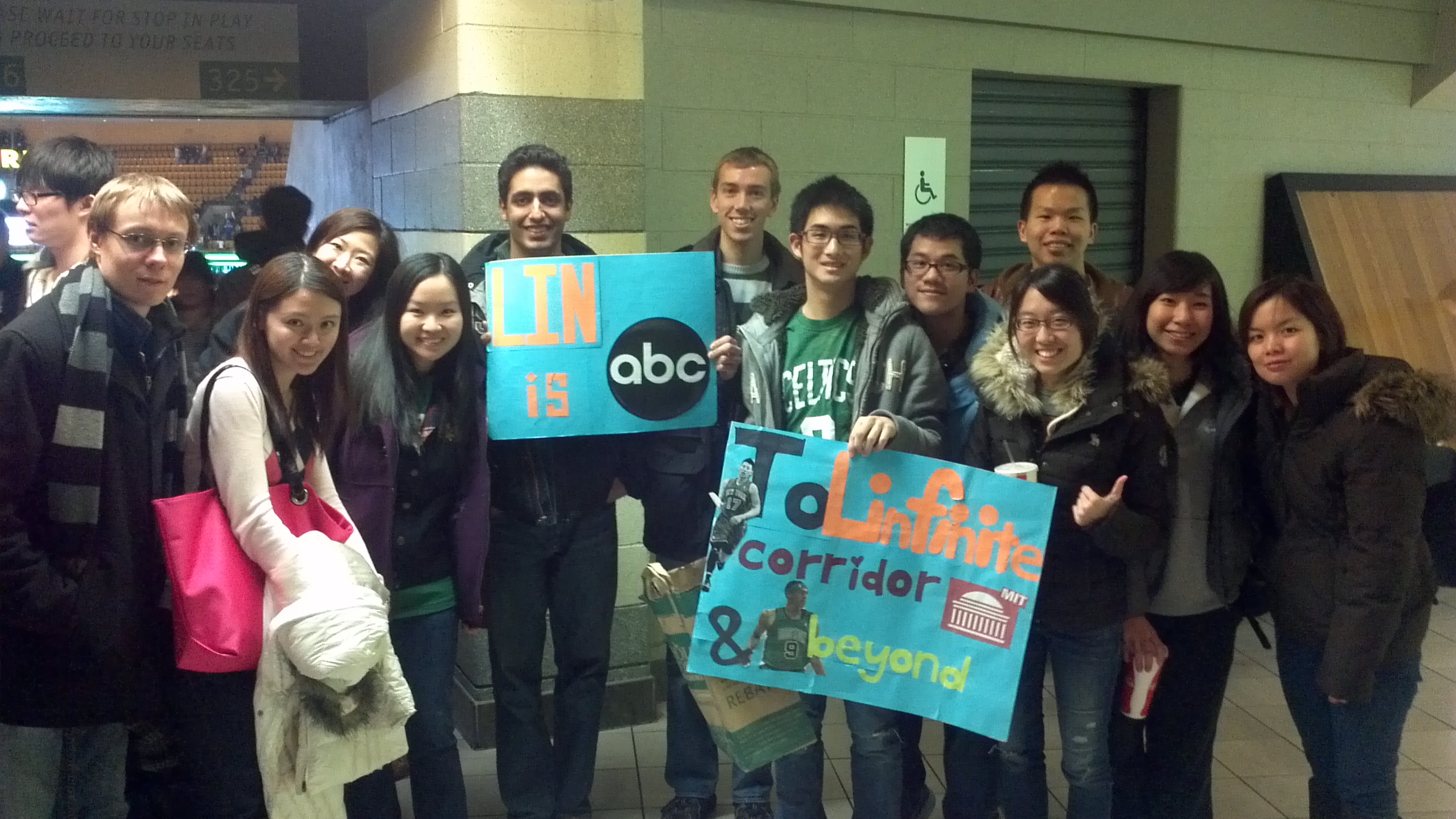
The game between the New York Knicks and Boston Celtics was one of the largest interest group outings of the year.
For me personally, the whole experience started the night before the game. Michelle, Yu-Han, Dawsen and I decided to make some signs and posters to show our support – but our real motivation was to get onto the Jumbotron (the large TV in the center of the court) during the game. After some discussion, we came up with the slogan, “To Linfinite Corridor and beyond.” Yu-Han and Dawsen were working on the posters and Michelle and I were making two signs, one for Rondo and one for Lin. It turned out that trying to print enlarged photos of Rondo and Lin was much more complicated than we had imagined. We started making the posters at 10:30 pm, but ran into all sorts of computer trouble; by the time we had our posters and signs made, it was already 2 am and we were completely exhausted…
On game day, the sold-out stadium was packed. Thanks to our secret weapon, the sign of Rajon Rondo, our group had two Jumbotron appearances during the game. We learned a strategy to be featured on the big screen: 1) make a sign for the host team, and 2) dance like crazy with the sign whenever you see a cameraman looking your way. The game itself was intense and physical because the two teams were so well matched, their ranks differing by just one place in the Eastern Conference. Supporters for each team were cheering eagerly throughout the game. I, however, had a dilemma: I would prefer to see the Celtics winning, but I also did not want to see Jeremy Lin deliver a poor performance. Thus, it was really hard to decide which team to cheer for. Rondo, however, did outperform Lin by achieving a triple-double in the game. Then Lin made some big plays in the 4th quarter to help the Knicks regain the lead. Finally, Pierce made a game-tying 3-pointer and sent the game to overtime where the Celtics prevailed against the Knicks. It was a great game to see the two teams battle until the final minute, but this game together with all the other stories of Linsanity begins to make me wonder what my take from the Linsanity story is.
Jeremy Lin’s emergence is probably one of the most dramatic stories in the recent NBA history. Just when the Knicks were on a 6-game losing streak and the former head-coach, Mike D’Antoni, was on the verge of losing his job, Jeremy Lin stepped out from the deep end of the bench and delivered a 7-game winning streak. The story of Linsanity occupied all sport headlines throughout February as Lin’s outstanding performance right off the bench dazzled the world. Just as people thought the Knicks would play even better when Carmelo Anthony returned to the team, the story took a turn for the worse. Different conflicts surfaced as the Knicks lost another 6 games in a row. Mike D’Antoni was forced to resign and Linsanity seemed to meet its untimely end. People thought Lin might no longer play a big role, especially when Mike Woodson, the new head-coach, stated that his game strategy will mainly focus on the two star players, Anthony and Stoudemire. Lin, however, still managed to play a dominant role by averaging 14.8 points and 6 assists per game as the Knicks snatched another 5 victories.
Although generally applauded by the media, Lin has also been facing a lot of criticism since his emergence regarding his high turnovers, tendency to go right when dribbling, etc. It is true that his stats cannot match those of other star point guards such as Derrick Rose or Rojon Rondo, but let’s not forget that this is the first time that Jeremy Lin is playing for significant minutes in the NBA. He needs time to learn, adjust and improve, which he is already doing – he has significantly reduced his turnovers in the past few games. More importantly, what makes his story inspiring is more than his basketball performance. I admire his story not because he is the first Asian-American of Taiwanese descent in the NBA, but because his story teaches us that in a time of uncertainty when no one recognizes your talents and nothing seems to be going your way, you just have to be persistent and faithful and you will prevail in the end. No matter what situation he was in, whether that was winning 7 games in a role or being blamed for losing 6 straight games, he remained the same humble player who did not desperately try to prove or disprove anything to anyone. The importance of remaining confident despite adversities, and yet not becoming arrogant after successes, is a life-long lesson that we can learn from Jeremy Lin.
Returning from TD Garden that day, we all felt a bit of Linsanity. Although it has cooled off in recent weeks, the Linsanity story continues to have many interesting aspects no matter how one looks at it. So what is your take on the Linsanity phenomenon?
By Steven Chang, SP Newsletter Chair

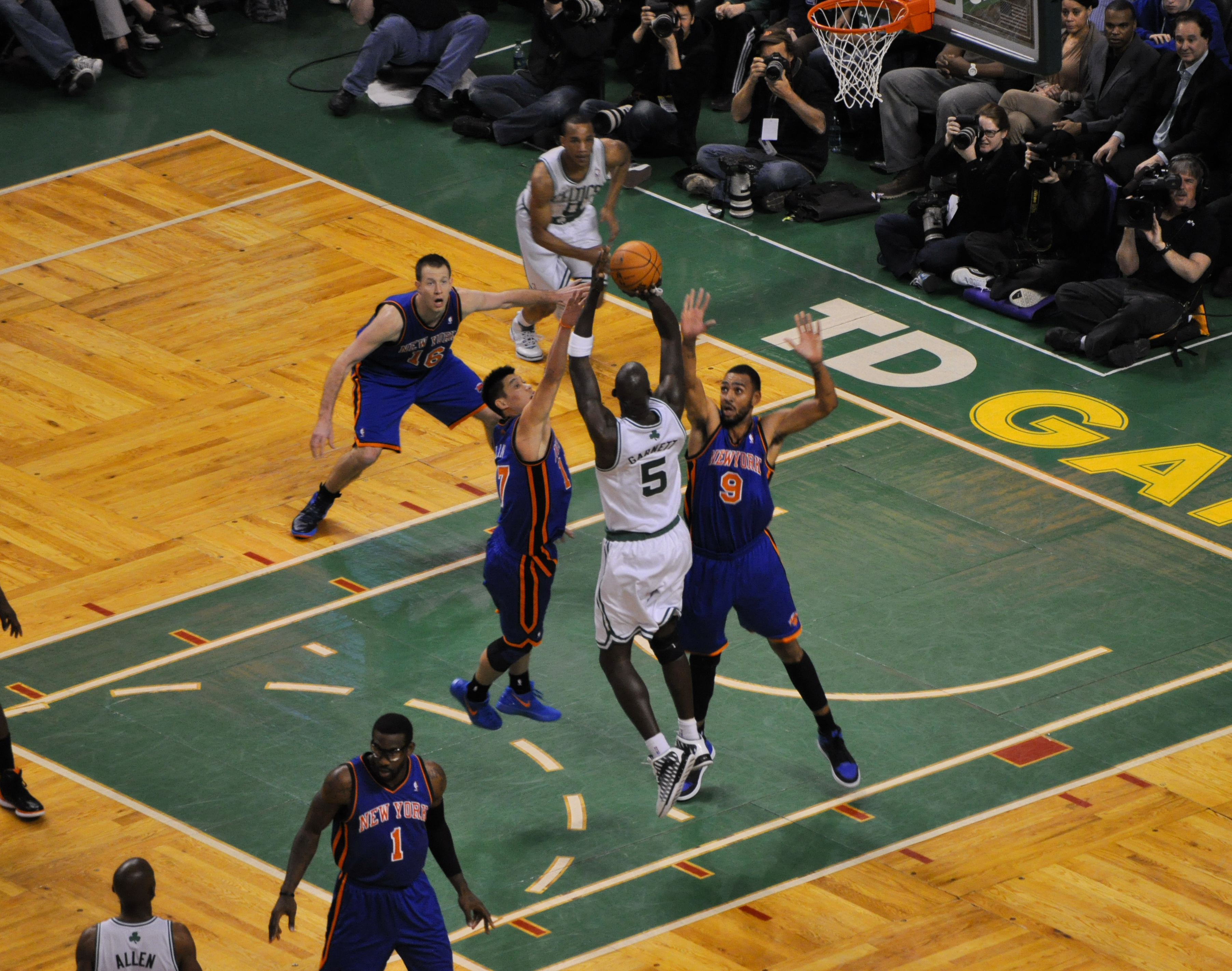
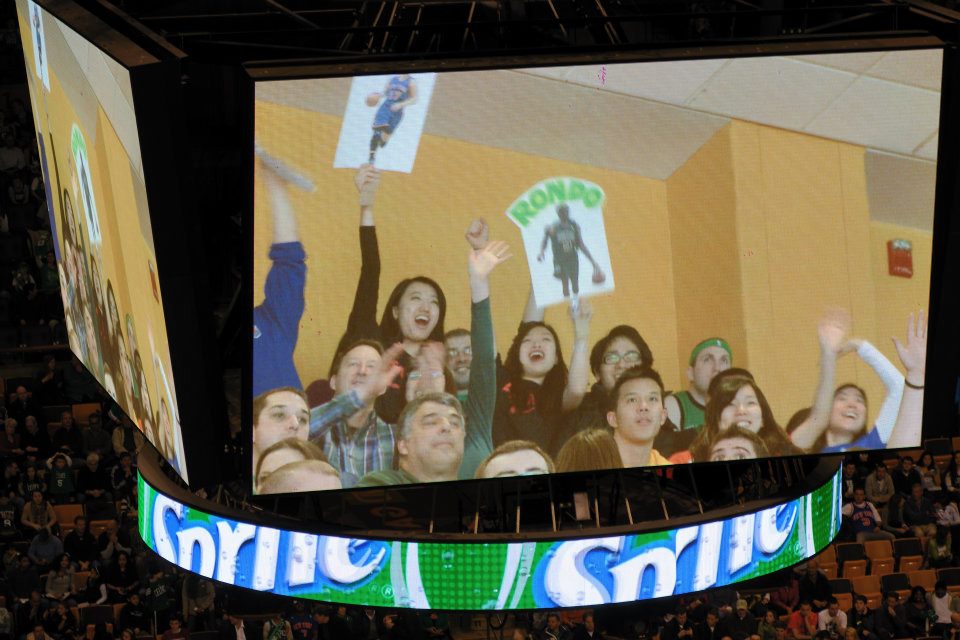
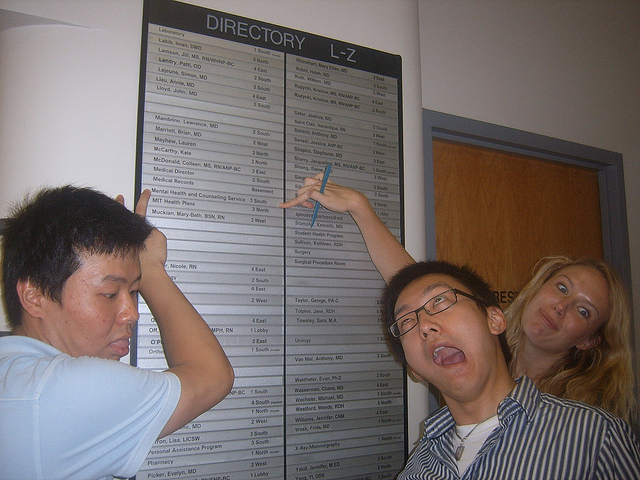
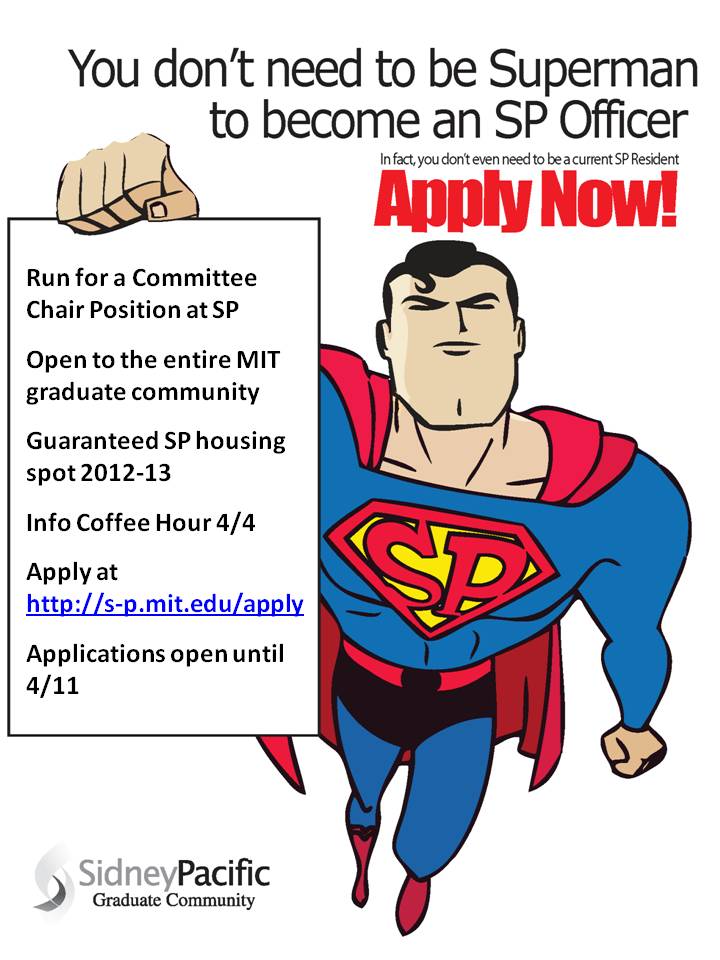





 A few days ago I found myself wondering, as I sometimes do, just what the hell I was doing with my life. It was one of those unseasonably warm, sunny, beautiful days that we’ve been enjoying recently, and I, of course, was stuck in lab like the champion that I am. While seemingly everyone else was out enjoying a glorious weekend afternoon, I was slogging through some interminable, odious task, one that had no real intellectual depth or interest, or even connection to the research that I personally am pursuing. In short, I was doing somebody else’s scut work.
A few days ago I found myself wondering, as I sometimes do, just what the hell I was doing with my life. It was one of those unseasonably warm, sunny, beautiful days that we’ve been enjoying recently, and I, of course, was stuck in lab like the champion that I am. While seemingly everyone else was out enjoying a glorious weekend afternoon, I was slogging through some interminable, odious task, one that had no real intellectual depth or interest, or even connection to the research that I personally am pursuing. In short, I was doing somebody else’s scut work.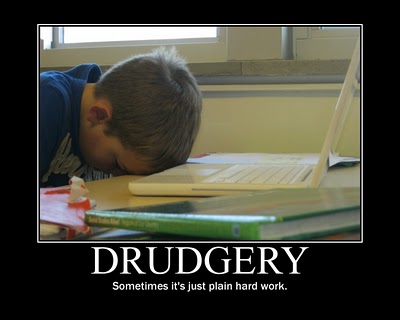 Now, if this is what we mean by drudgery, it is clear that we are all drudges. We all have to do many things, day by day, which we would rather not do. Even in the callings that seem to present the most perfect correspondence between gifts and work, such as those of the writer or the artist, drudgery dogs the heels of all progress…We show some perception of these facts in our common sayings, that easy writing makes hard reading, and what costs a man little is usually worth little. But few of us have any adequate sense of the immense toil which lies behind the brilliant successes of the great artist or famous writer. And the same thing might be said of the lives of great statesmen, politicians, reformers, merchants, and memorable men in all walks of life. Examine such lives, and the amount of prolonged toil which lies behind all the glitter of public fame is enormous, and to the indolent even appalling. If any man of the Elizabethan period gives the impression of having achieved great things with a certain airy ease and instinctive facility of touch, it is Walter Raleigh. Yet it was of Raleigh that Elizabeth said, ‘he could toil terribly.’ The same thing may be said of every great man, so that it is small wonder that we have learned to believe that genius itself is simply an infinite capacity for taking pains…
Now, if this is what we mean by drudgery, it is clear that we are all drudges. We all have to do many things, day by day, which we would rather not do. Even in the callings that seem to present the most perfect correspondence between gifts and work, such as those of the writer or the artist, drudgery dogs the heels of all progress…We show some perception of these facts in our common sayings, that easy writing makes hard reading, and what costs a man little is usually worth little. But few of us have any adequate sense of the immense toil which lies behind the brilliant successes of the great artist or famous writer. And the same thing might be said of the lives of great statesmen, politicians, reformers, merchants, and memorable men in all walks of life. Examine such lives, and the amount of prolonged toil which lies behind all the glitter of public fame is enormous, and to the indolent even appalling. If any man of the Elizabethan period gives the impression of having achieved great things with a certain airy ease and instinctive facility of touch, it is Walter Raleigh. Yet it was of Raleigh that Elizabeth said, ‘he could toil terribly.’ The same thing may be said of every great man, so that it is small wonder that we have learned to believe that genius itself is simply an infinite capacity for taking pains…